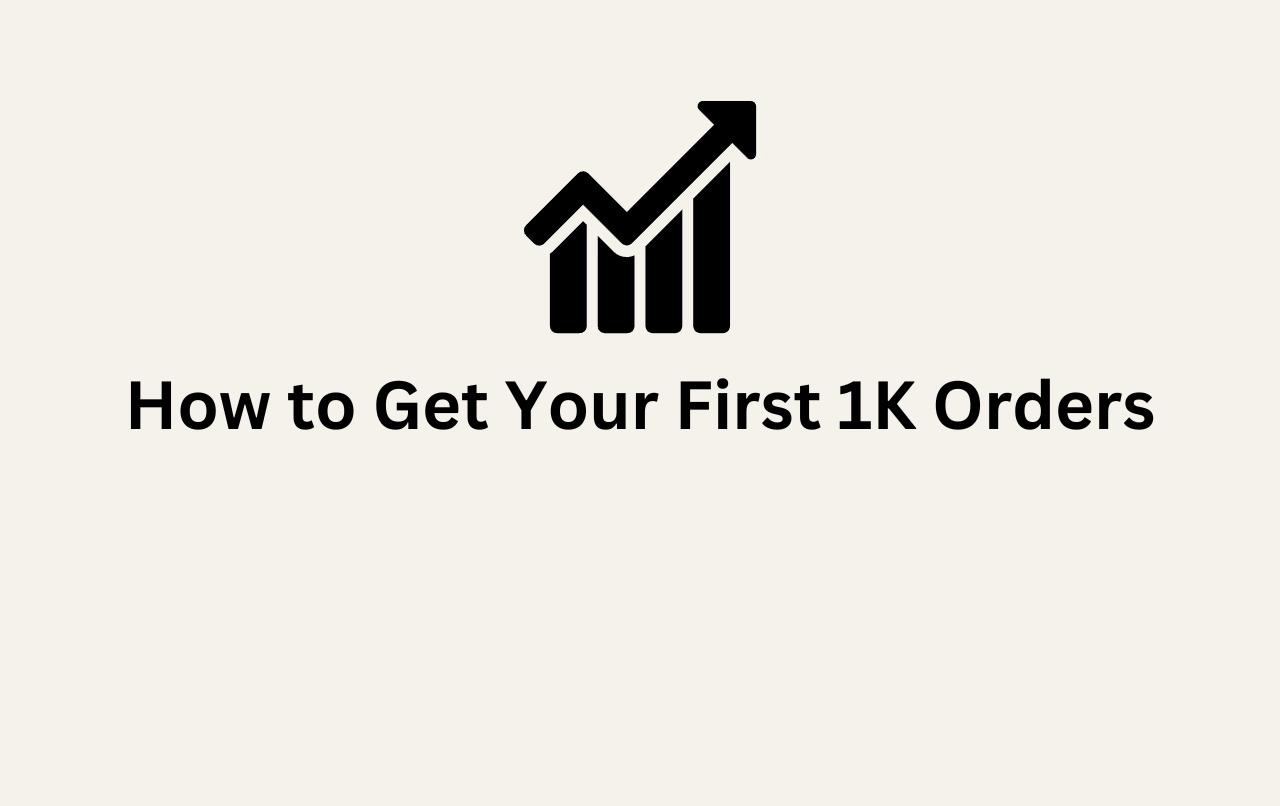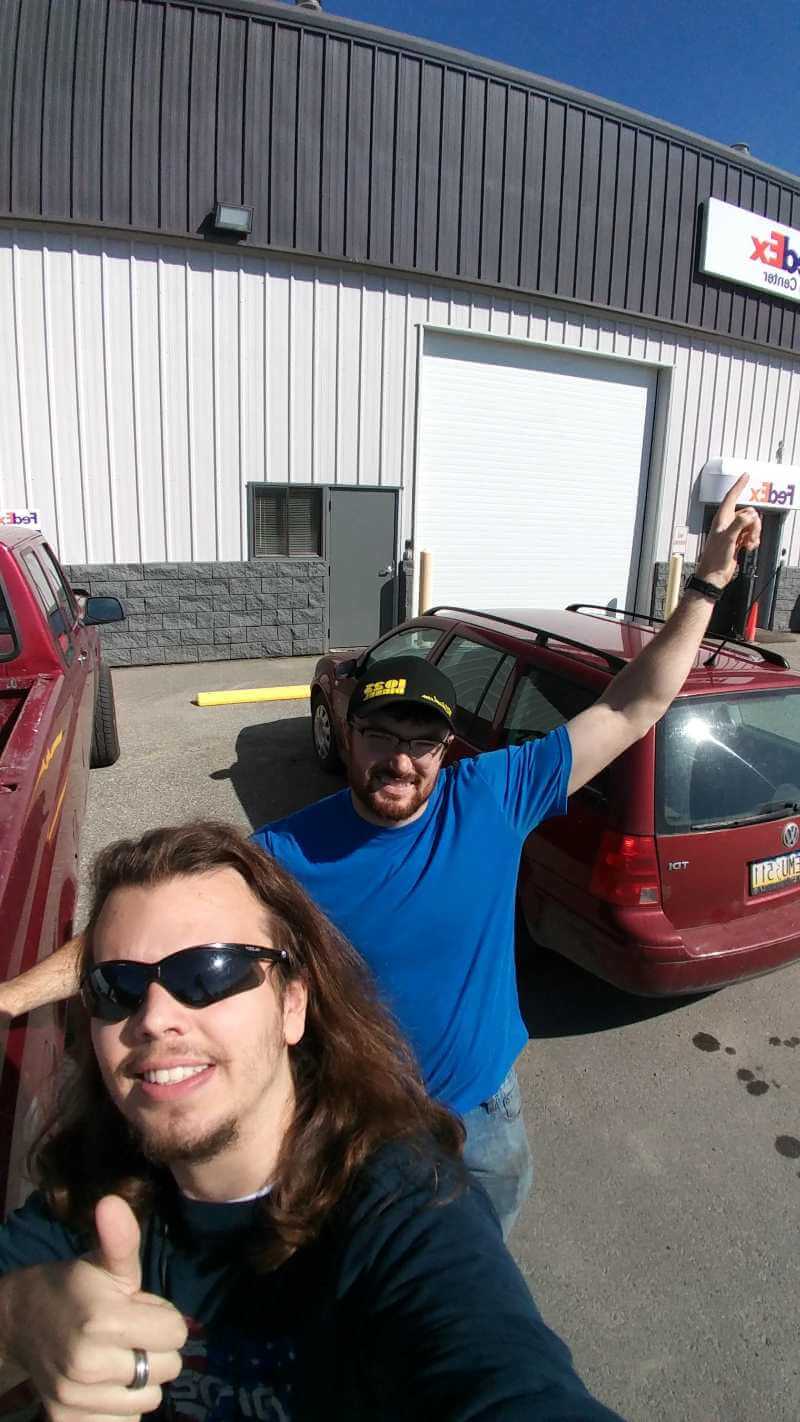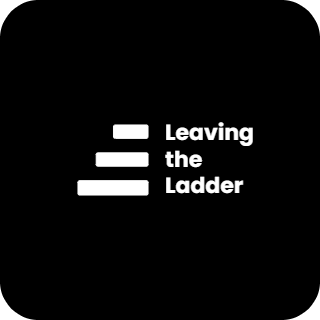A Thing Worth Buying: How Passion Built My First 1,000 Customers

Table of Contents
How Passion Built My First 1,000 Customers
There are two kinds of things people buy:
- Things that are good and worth buying
- Things that are terrible and not worth buying
Sounds simple, but there are so many things available right now that just aren’t worth buying.
Building Something Worth Having
Two years before I started a company—before I knew anything about e-commerce—I was building a tool that solved my own problem.
For context: I built software that makes old, slow trucks go faster and run smoother.
This wasn’t a business idea. I just wanted my own truck to run better. But every solution I bought created more problems. So, I built my own.
And because I get excited and never shut up about things I’m passionate about… I talked about it. A lot.
How My First Customers Found Me
In the first 12–18 months of learning how to build this software, my constant enthusiasm attracted people who had the same problem.
A few of them were crazy enough to let me test my ideas on their trucks.
Put simply, I unintentionally built something other people wanted by focusing on making something I wanted.
👉 Ingredient #1: I spent years building something worth having before I tried to sell it.
Enthusiasm Sells
Like I said, I couldn’t stop talking about what I was building.
That enthusiasm didn’t just attract the right people it repelled the wrong ones.
But the people who liked my kind of weird? - They wanted to be part of it.
Passion Attracts Customers (and Talent)
Here’s an example:
When we shipped packages, we’d take a selfie at the store and send it to the customer to let them know their order was on the way.

It was a small, unnecessary thing. But it made people feel like they were part of something real.
This kind of care, enthusiasm, and weirdness makes people want to support you.
It even attracted employees that way. People who weren’t just looking for a paycheck but wanted to be part of what we were building.
👉 Ingredient #2: We shared a wild passion for what we did, and it made people want to be part of it.
The Simple Lesson for Today
- Build something you actually want.
- Talk about it with enthusiasm.
- Let people see your passion.
People don’t just buy products. They buy enthusiasm, confidence, and energy.
And that? That’s something worth buying.

